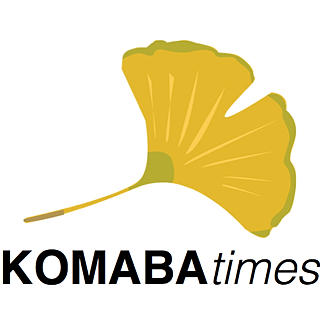Jimbocho Bookworm
- Komaba Times
- May 15, 2017
- 2 min read
Updated: Oct 18, 2019
By LU WANG

Jimbouchou, Tokyo. Image by perks (Flickr)
For book lovers, Tokyo is no doubt a fascinating place for exploration. It is a rare sight for me to see so many passengers still holding paper books on train; small, unique bookstores decorate the busiest commercial street; second-hand bookshops are concealed in inconspicuous corners. Among these, Jimbocho is by far the most amazing place I have discovered. Surely for bookworms, this bookstore street always offers a fresh experience.
Alighting at Jimbocho Station of the Hanzomon Line, taking the no. 1 exit, will be the western end of the bookstore street. It is estimated that there are more than 180 bookstores in Jimbocho. Here you can find normal bookstores, such as Sanseido and Shosen; but the more unique feature is the abundance of specialized second-hand bookstores.
These bookstores are usually very small, simply decorated; bookshelves fill almost the whole space, leaving only a narrow passageway for customers; books pile up toward the ceiling. Most of these second-hand bookstores are very specialized: western literature, visual arts, philosophy, etc. Jimbocho is the best choice for people looking for specialized books at a lower price or simply for book lovers to spend a leisurely afternoon.

Bunkobon. Image by snogglethorpe (Flickr).
Bunkobon must be a unique feature about Japanese books. They are a type of pocket-sized books that are usually cheaper than the hardcover editions. Normally, the price is between 800-1000 yen. These Bunkobons are usually easier to categorize, therefore are the most abundant in bookstores. Readers are able to find books easily through author and publishers.
In Jimbocho, I could not help but ponder what has maintained Japan’s prevalent second-hand book and publishing industry in today’s digital information age. A substantial amount of readership should be indispensible. The 180 bookstores in Jimbocho is a cultural phenomenon, but they are also inevitably profiting businesses. Japanese people’s ardour about reading has supported Jimbocho’s continuous prosperity. When we are amazed by the unique cultural ambience of Jimbocho, we should also think about the national culture that is represented here. When materialism is engulfing the world, whether we could keep being ourselves and enrich our spiritual pursuits is something we have to think about.
Originally posted on Jan. 21, 2014.





Comments